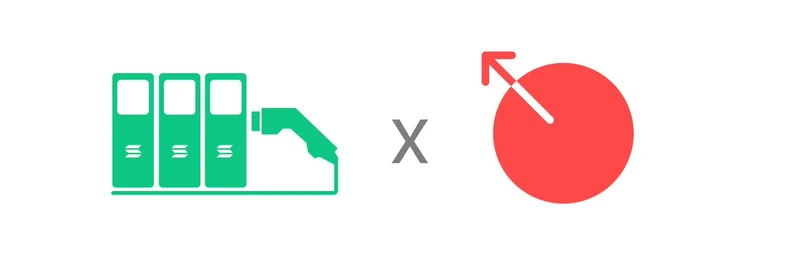If you've been keeping an eye on the intersection of blockchain and real-world utilities, EVORA's latest announcement is a game-changer. This project is positioning itself as the "Uber for EV charging," but with a crypto twist—it's a Decentralized Physical Infrastructure Network (DePIN) built on Solana. And now, they're launching their Initial Coin Offering (ICO) on MetaDAO, incorporating futarchy for smarter governance. Let's break this down step by step.
What is EVORA All About?
EVORA is essentially a mobile infrastructure network for electric vehicle (EV) charging. In simple terms, DePIN means using blockchain to manage physical assets in a decentralized way. Here, anyone can contribute a charging station—think of it as supplying hardware to the network—and earn rewards while helping expand EV access globally.
The model is demand-and-supply driven: contributors provide the stations (supply), and users charge their vehicles (demand). EVORA handles operations and maintenance, but the community truly owns the network. Revenue from charging fees is shared among participants, creating a sustainable ecosystem.
Why Launch on MetaDAO with Futarchy?
MetaDAO is a platform that uses futarchy, a governance system where decisions are guided by prediction markets rather than traditional voting. Why does this matter? Markets tend to be more efficient at forecasting outcomes than individual opinions—think stock markets predicting company success.
For EVORA, this means contributors can influence big decisions, like which cities or countries to expand into next. It's not just about holding tokens; it's about betting on the network's future through markets. This setup ensures that only the most promising ideas get implemented, potentially accelerating growth.
As the thread highlights, "Markets are superior to humans." By integrating futarchy, EVORA aims to make energy infrastructure decisions more trustworthy and community-driven.
The Tech Stack: Solana, RWAs, and More
Built on Solana, known for its high speed and low costs, EVORA turns each deployed charging station into a Real World Asset (RWA). RWAs are physical items tokenized on the blockchain, generating real-time revenue that's verified and distributed transparently.
Early backers in the ICO get a chance to own part of this EV network and share in the revenues. It's a fusion of DePIN, futarchy, and RWAs—all on Solana, which is buzzing with similar innovative projects.
The thread also teases mobile EV chargers that anyone can own and monetize, starting small but scaling to power entire nations.
Community Reactions and Next Steps
The announcement has sparked excitement, with replies praising futarchy as "the future" and cheering the team on. If you're into Solana-based projects or the EV space, this could be one to watch.
For more details, check out the original thread on X or join their Telegram at t.me/evoracharge. EVORA is gearing up to bring decentralized energy to a city near you—stay tuned for the ICO launch!
If DePIN and futarchy are new to you, they're part of a broader trend in crypto where blockchain meets real-world problems. DePIN decentralizes hardware networks, while futarchy uses market predictions for governance, both aiming to make systems more efficient and inclusive.


